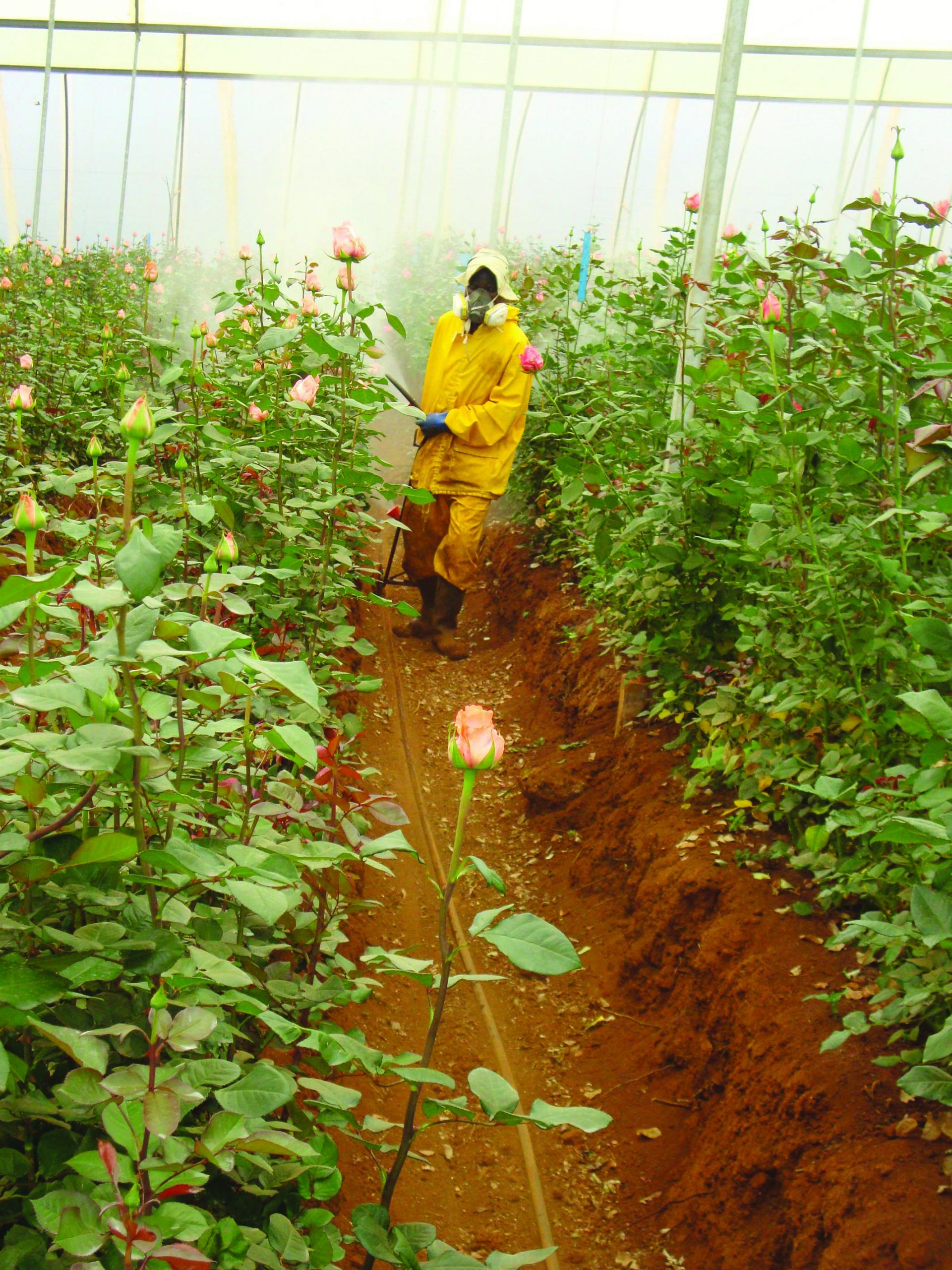
In a nutshell…no.
As with most things in the commercial agriculture industry, we must consider much more than a simple nutshell approach. In a perfect world, completely safe and eco-friendly biopesticides would fully eradicate the need for potentially harmful synthetic chemicals when it comes to pest management, however Mother Nature is imperfect by design and utilizes a cadre of tools to maintain a dynamic equilibrium.
It is safe to say that the goal of biopesticide development has never been focused on the complete elimination of synthetics. Instead, biopesticides are ideally to serve as a safer, more environmentally friendly method to supplement pest management efforts, thus reducing the volume of synthetics required in commercial agriculture.
Synthetic pesticides are highly effective and predictable due to their specific design to target and eliminate a wide range of pests quickly and efficiently. These compounds aren’t produced overnight, but instead are a result of extensive research and development, ensuring they are not only effective against pests, but that they’re also stable enough to withstand various environmental conditions. However, this effectiveness comes with considerations of environmental impacts and the development of resistance in pests — even though synthetics have improved their safety profile significantly over the past few decades.
Consider that the invention of fire extinguishers was never intended to eliminate the need for professional fire fighters, but instead were created to serve as a supplemental tool to bridge the gap of time between managing a fire yourself and calling on professional fire fighters. We should view biopesticides and synthetics in a similar manner — biopesticides aren’t necessarily intended to completely eliminate the need for synthetics, but instead are best served as another tool in our pest management toolbox, ideally reducing the input requirements of synthetics.
The Takeaway
The world of biopesticide development isn’t perfect, but few things in commercial agriculture are. While biopesticides may — at least in the foreseeable future — never fully replace synthetic pesticides, this doesn’t mean that biopesticides aren’t capable of playing a pivotal role in the future of sustainable commercial agriculture.
With the proper implementation of integrated pest management (IPM), specifically monitoring and sanitation practices, farmers will likely discover that they can create a more balanced and integrated approach to pest management by utilizing biopesticides when compared to synthetics alone. This type of sentiment is already gaining traction in certain markets. We expect shifts in sustainable practices to continue trending upwards across the commercial agriculture industry for years to come.
NB: This is an excerpt from Grady Moore’s work.
About Grady Moore
Grady Moore is a writer and business consultant for the ag-tech, cannabis, and hemp industries.
For more information on the future of pesticides in commercial agriculture and the latest real-time pest monitoring technology, please visit FarmSense.io
